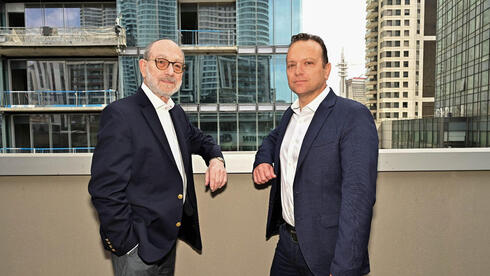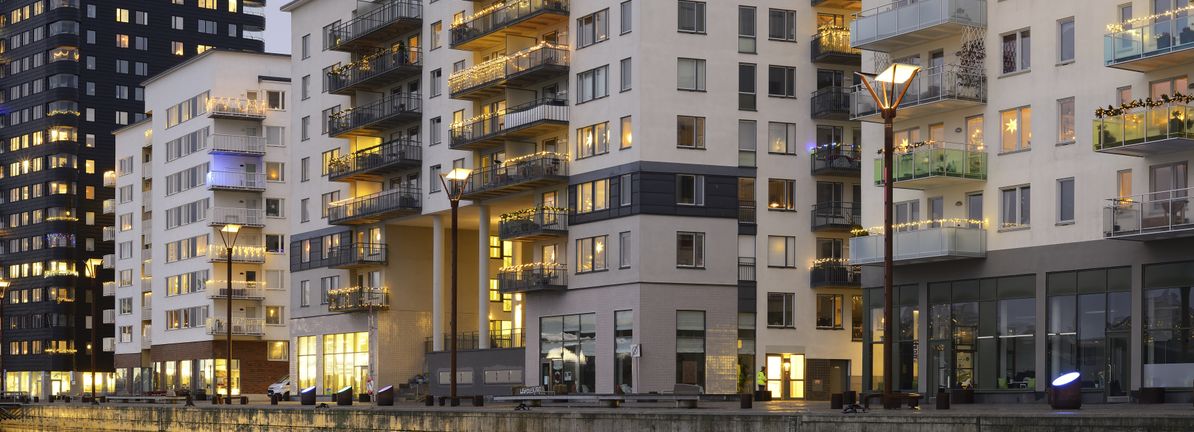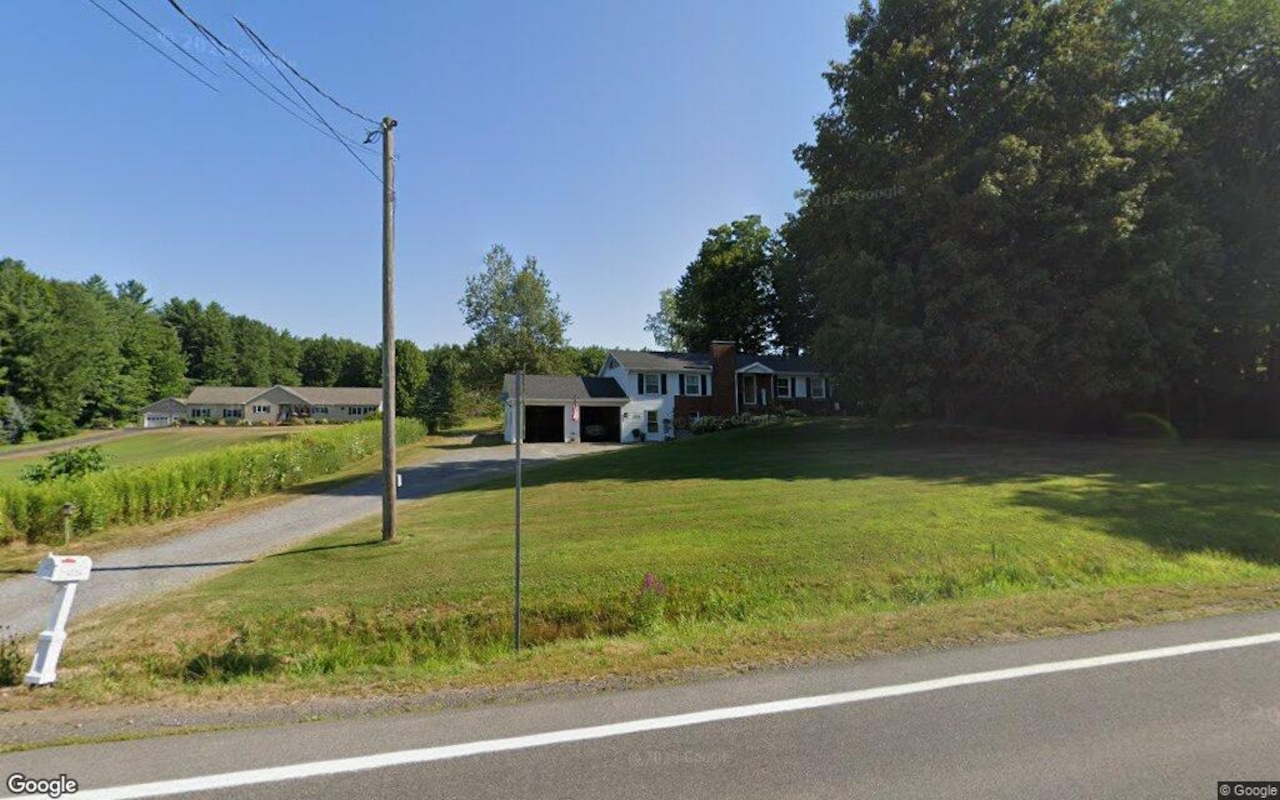H
ershey Friedman, a Canadian Haredi billionaire born in Montreal, has become a towering figure in Israel’s real‑estate scene after turning Azorim, a once‑struggling developer, into a multi‑billion‑shekel powerhouse. In a recent joint interview with Azorim CEO Adi Dana, Friedman opens up about the hurdles of doing business in Israel, the surge of antisemitism worldwide, the myth of falling housing prices, and his support for drafting ultra‑Orthodox men who are not engaged in religious study.
Friedman’s journey began at 17, when he helped grow his family’s textile business into a local leader. He later founded a food‑packaging company that became the North American leader in its field and turned Agriprocessors into the United States’ largest kosher‑meat producer, supplying brands such as Pepsi, Nestlé and Elle. His first foray into Israel came when he sent his teenage son to a Jerusalem yeshiva at 18, and the idea of investing in the country took root.
In 2011, Friedman acquired Azorim for 300 million shekels, buying 64 % of the company when it was on the brink of bankruptcy. He kept reinvesting, sold off overseas holdings in India, South America, Canada and the U.S., and refocused the firm on Israeli real‑estate development. Today Azorim is valued at roughly 4.2 billion shekels, with about 40,000 apartments in the pipeline, and is one of Israel’s largest developers.
Friedman’s visits to Israel are frequent; he arrives at Tel Aviv’s headquarters after a 22‑hour flight from Miami, often greeting staff with a polite “Do you mind if I smoke?” He now spends most of his time in Jerusalem and Herzliya, overseeing flagship projects and engaging with the community.
The interview with Dana highlights several key themes:
**Bureaucracy and Project Viability**
Friedman warns that Israeli bureaucracy can derail even the most well‑funded projects. “You can pour millions into a development, only to discover years later that new regulations or infrastructure demands will halt it,” he says. He contrasts this with the U.S. and Canada, where projects can be completed in a year and a half.
**Housing Market Myths**
When asked whether housing prices will continue to fall, Friedman is adamant: “It’s a myth – it won’t happen.” He cites a summer surge in sales that was only temporarily slowed by a call-up of reservists. Dana echoes this, noting that the market remains surprisingly active even amid war.
**Construction Costs and Labor Shortages**
Contractors now demand higher wages due to a labor shortage, and the cost of raw materials has risen sharply. Friedman explains that after Operation “Rising Lion,” many buildings required full replacement of damaged parts rather than temporary fixes. Dana stresses the need for streamlined licensing and better forward planning for materials.
**Foreign Investment and “Ghost Apartments”**
Friedman acknowledges the presence of “ghost apartments” – units owned by foreigners who occupy them only during holidays. He points out that many of these investors are wealthy, English‑speaking, and bring capital into the economy. Azorim’s projects in Jerusalem, Beit Shemesh and other cities cater to diverse populations, including ultra‑Orthodox, secular and foreign buyers. Dana highlights that many foreign buyers are genuinely relocating, not merely vacationing.
**Antisemitism and Aliyah**
Friedman sees rising antisemitism worldwide as a catalyst for increased aliyah. He notes that many Jews in Canada and the U.S. are waiting for the war to end so they can move to Israel. “The sooner the conflict ends, the sooner people will arrive in cities like Netanya, Tel Aviv, Jerusalem, Bat Yam and Nahariya,” he says. He also mentions that his own family has grown in Israel, with grandchildren and great‑grandchildren living there.
**Military Service for Ultra‑Orthodox**
Friedman believes that everyone should serve in the army, whether they study seriously or enlist. He has seen an increasing number of Haredi soldiers, including those with long sidelocks and beards, fighting in Gaza. He argues that the IDF should expand its recruitment of Haredim, and that the government must invest in programs that encourage either study or service.
**War and Reconstruction**
After the Iranian missile attacks, Friedman visited damaged sites across Israel, noting the scale of destruction. He stresses the urgency of providing housing for displaced residents and calls for opening the gates to Palestinian workers, despite security concerns, to speed up reconstruction.
**Future Vision**
Friedman’s motivation remains the growth of Azorim and the broader Israeli economy. He plans to demolish and rebuild older projects, expand into new markets, and continue to support foreign investment. His personal wish for the coming year is peace in Israel and the safe return of all hostages.
In sum, Hershey Friedman’s story is one of transformation—from a textile entrepreneur to a kosher‑meat magnate, and now a real‑estate titan. His insights into Israeli bureaucracy, housing market dynamics, foreign investment, antisemitism, and military service offer a comprehensive view of the challenges and opportunities facing the country today.














